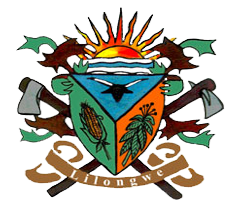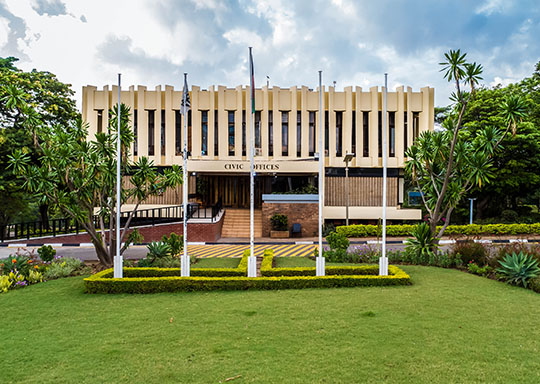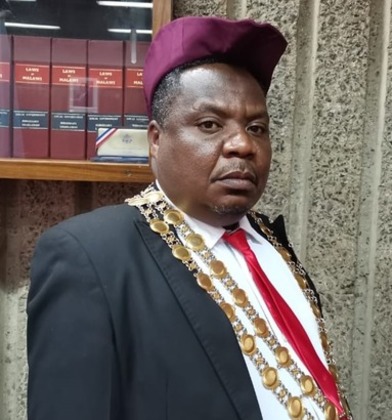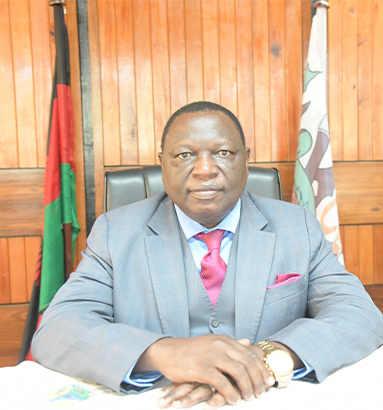
About Us
The Lilongwe City Council was established under the Local Government Act No. 42 of 1998 as a body corporate. The Council comprises the Political and Administrative arms which both derive their authority from the Local Government Act of 1998. The Political arm is led by the Mayor who is an elected councillor. The mayor is in charge of 27 Wards each overseen by an elected Councillor. In addition, there are four (4) elected Members of Parliament who represent the Lilongwe urban sector. There are also five (5) ex-official members representing interest groups. The Administrative arm of Lilongwe City Council is led by the Chief Executive Officer who oversees nine (9) technical departments and devolved sectors, including Commerce & Trade, Engineering, Education, Youth & Sports Sector, Parks & Recreation, Health and Social Welfare Services, Planning & Development and Finance.
Contact Info
- Lilongwe City Council, P.O. Box 30396 City Centre Lilongwe 3
- +265 1 773 347
- info@lcc.mw


